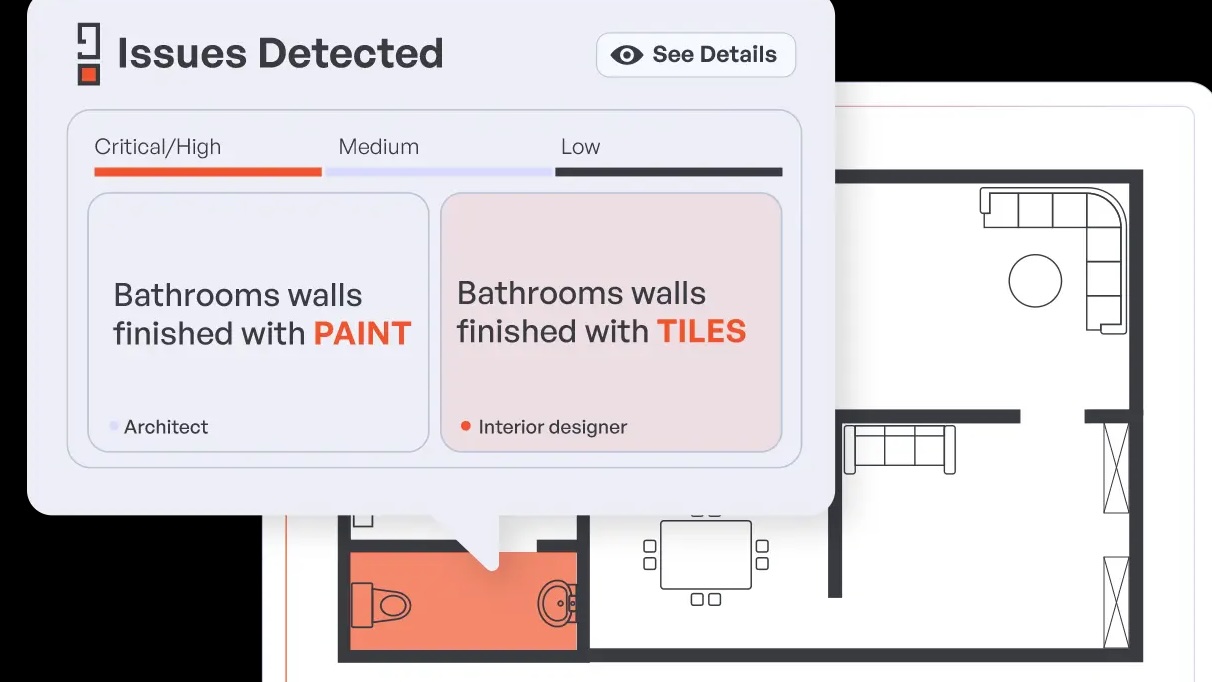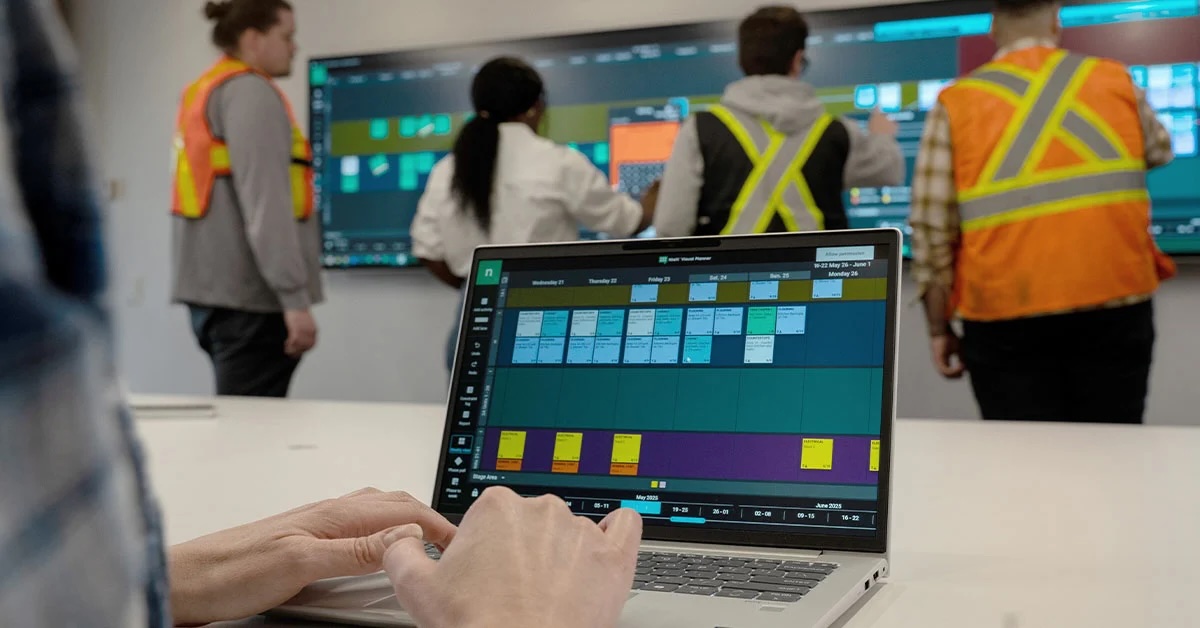
Bluebeam acquires pre-construction AI design review specialist Firmus
Bluebeam has acquired Firmus, a specialist in pre-construction AI design review and risk analysis.

By scanning PDF drawings, Firmus offers early identification of design-related risk, cross‑discipline coordination issues and scope gaps, as well as phase-to-phase drawing set comparisons and priority-based issue reporting directly into Bluebeam’s review and markup workflows.
Bluebeam said that adding Firmus’ capabilities to its own means:
- AI‑powered review in the workflow – Firmus scans and analyses PDF drawings to provide insights with AI-generated mark-ups, dashboards and trackable issues within existing workflows;
- smarter overlays and comparisons – enhancement of Bluebeam’s existing overlay and comparison features with high-accuracy, cross‑discipline and cross‑phase identification, surfacing mismatches and inconsistencies between, for example, architectural, structural, and MEP sheets;
- speed and scale – automation of repetitive manual checks across hundreds of sheets, helping teams compress review cycles while improving document quality and completeness; and
- improved collaboration – Firmus will enrich the same Bluebeam Studio environment by identifying hidden risks in PDF drawings, transparently sharing unbiased findings, and closing gaps to prevent rework.
“Drawings are the universal language of construction, and that’s where risk hides,” said Shir Abecasis, CEO of Firmus. “By joining Bluebeam, we’re placing Firmus’s drawing‑first intelligence exactly where millions of AEC professionals already work. Together we’ll help teams surface issues earlier, communicate them clearly, protect their reputation, and move projects forward with greater confidence and trust.”
Bluebeam CEO Usman Shuja added: “Firmus brings an AI engine that understands the 2D PDFs at a granular level – spotting scope gaps, inconsistencies and changes across disciplines and revisions. Integrating Firmus’ capabilities gives teams quality assurance that reduces reviews and the ‘stop everything’ moments late in a project. This is pivotal for a better-informed and collaborative future in construction.”
Keep up to date with DC+: sign up for the midweek newsletter.



